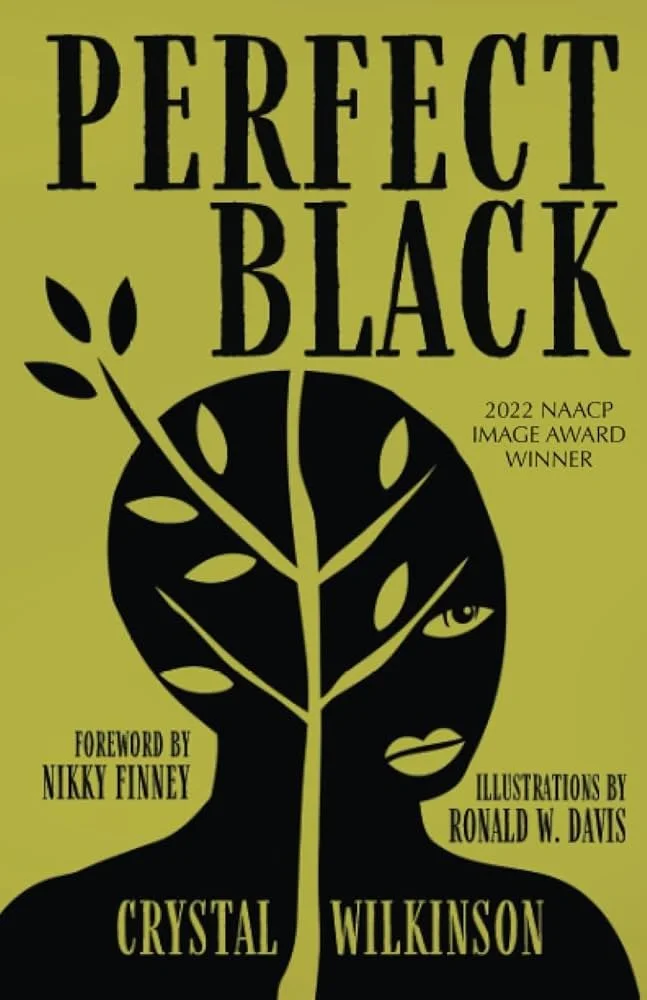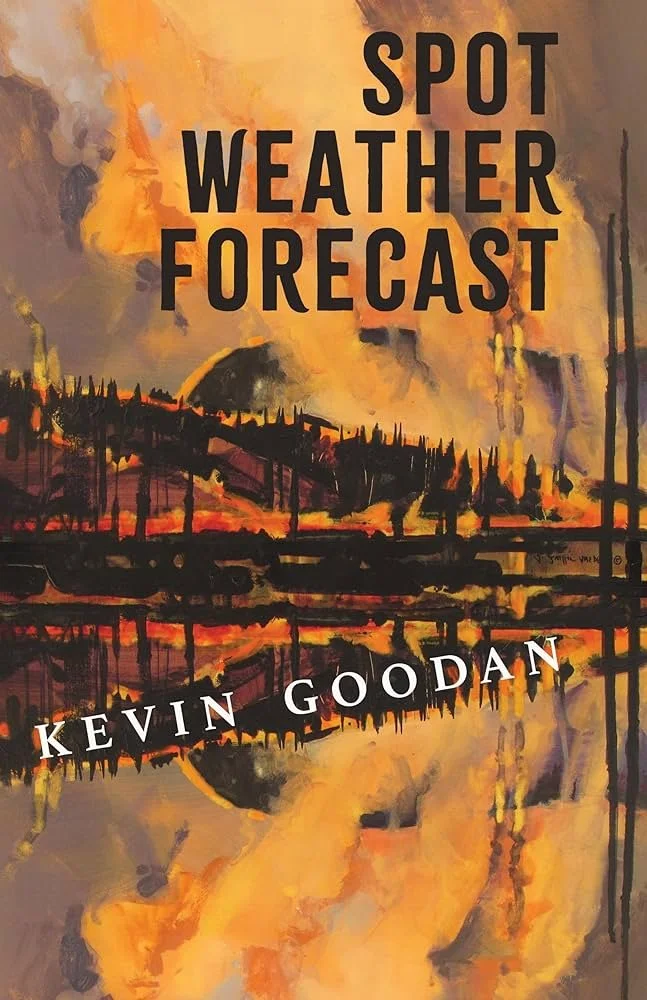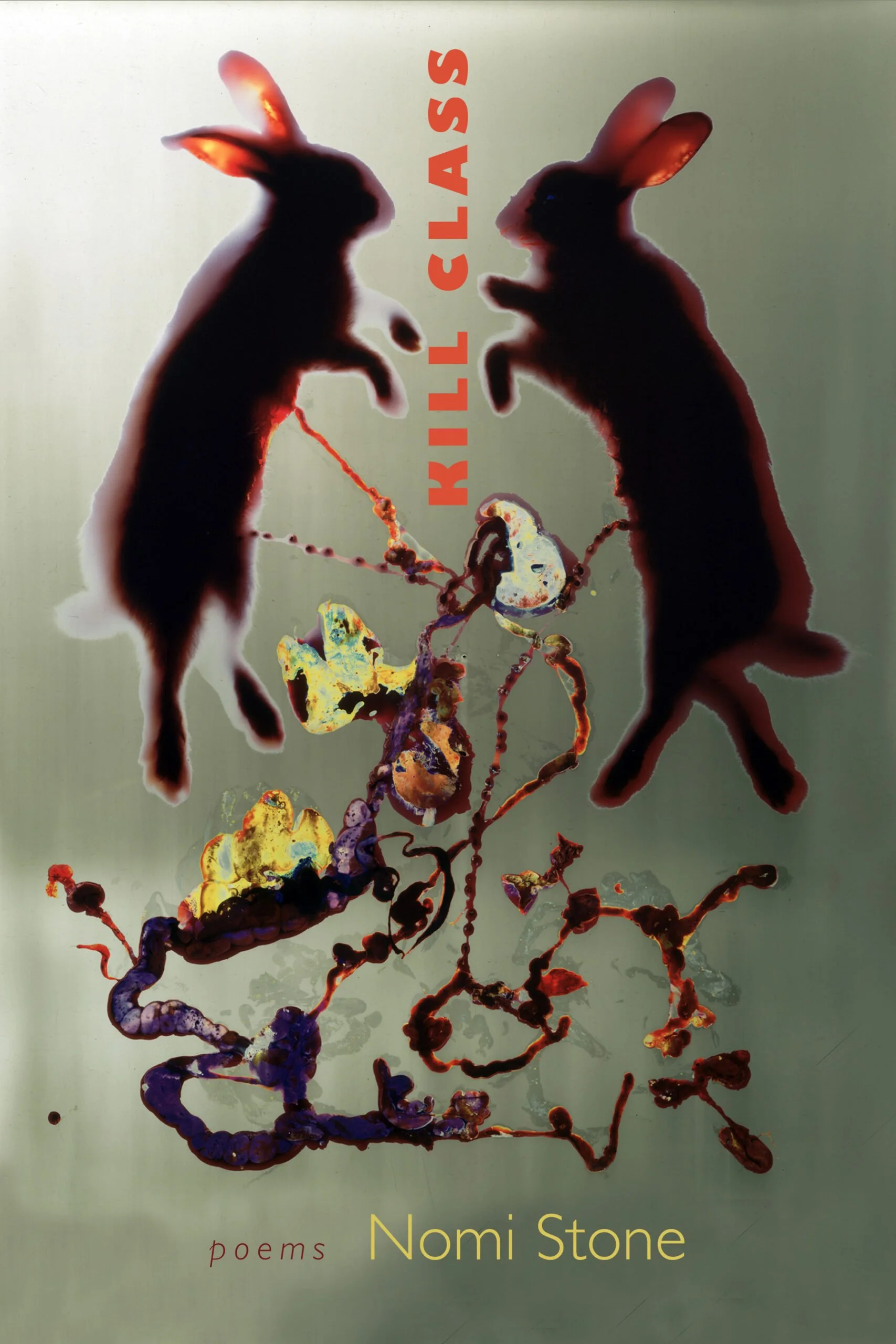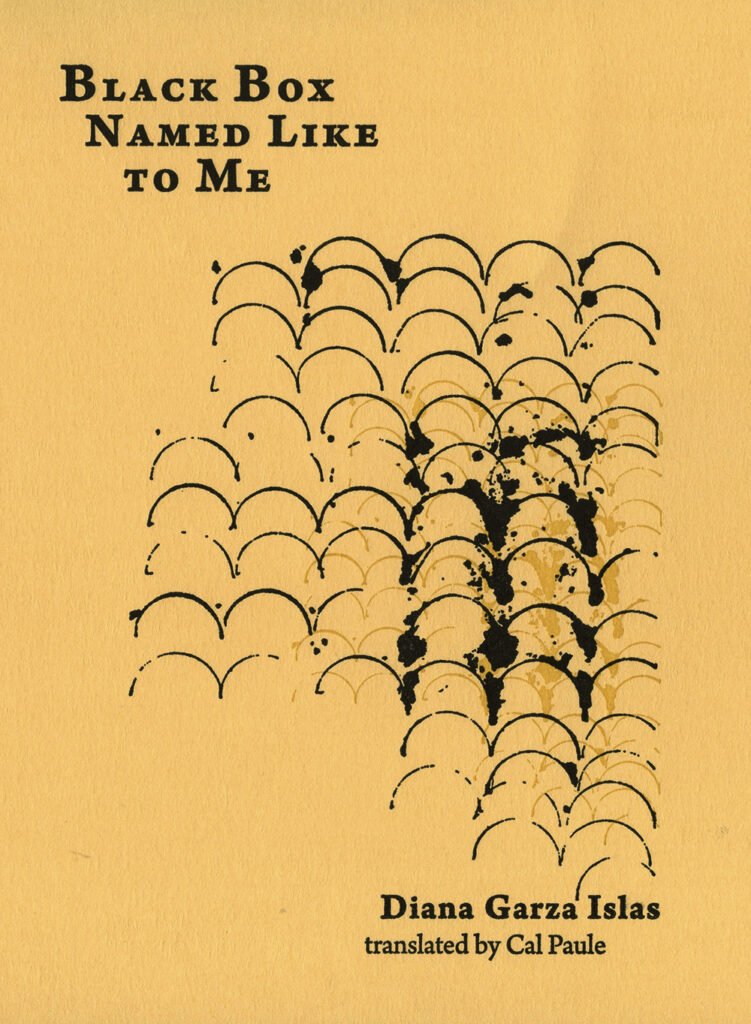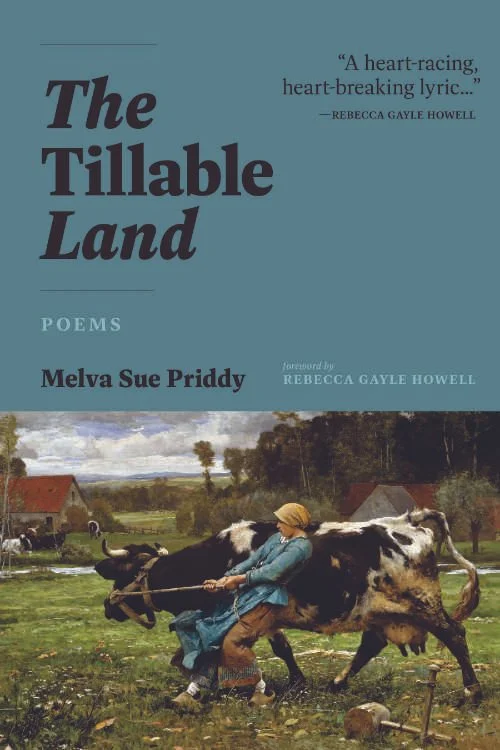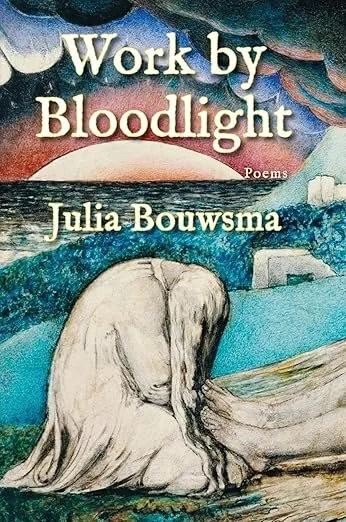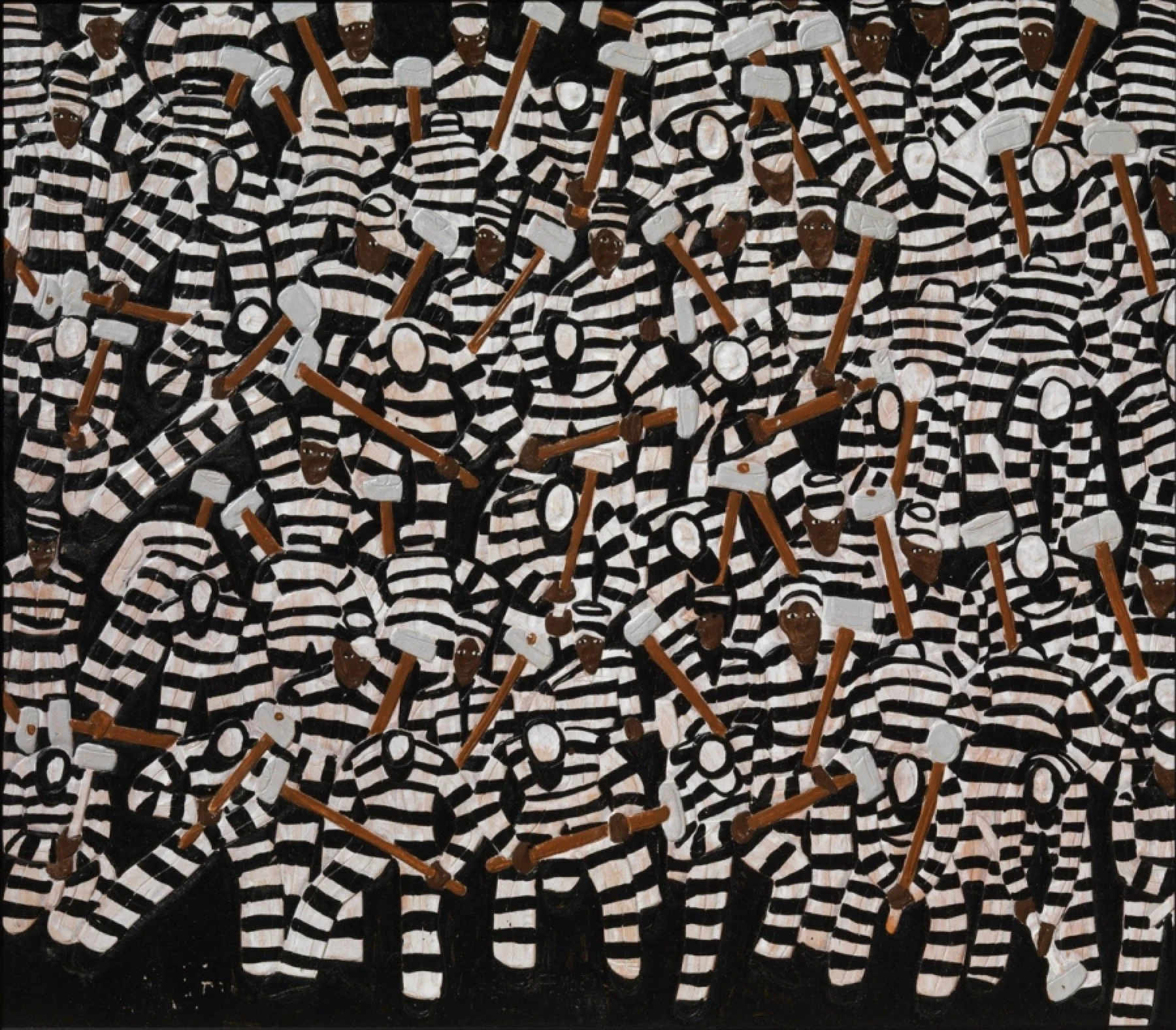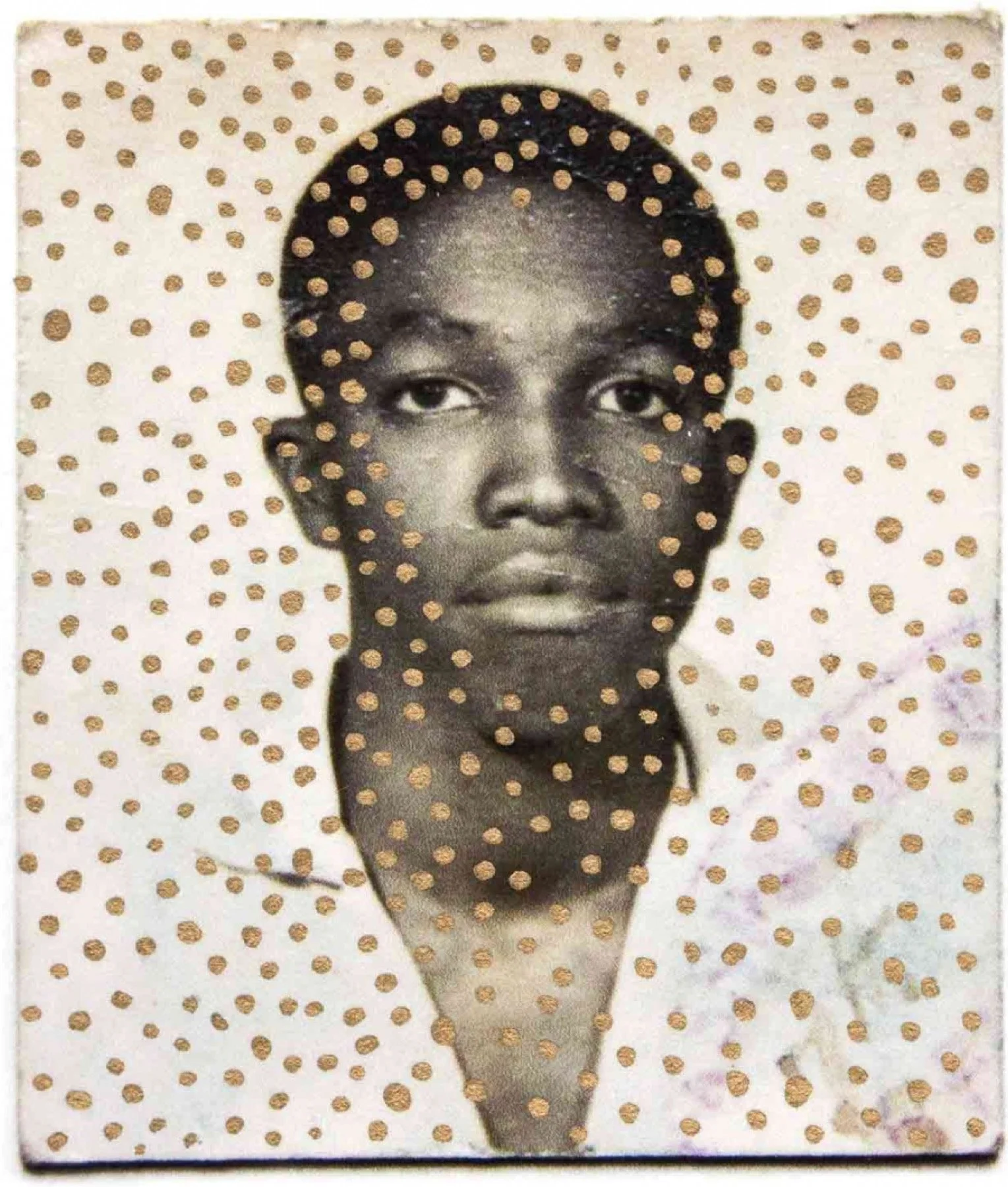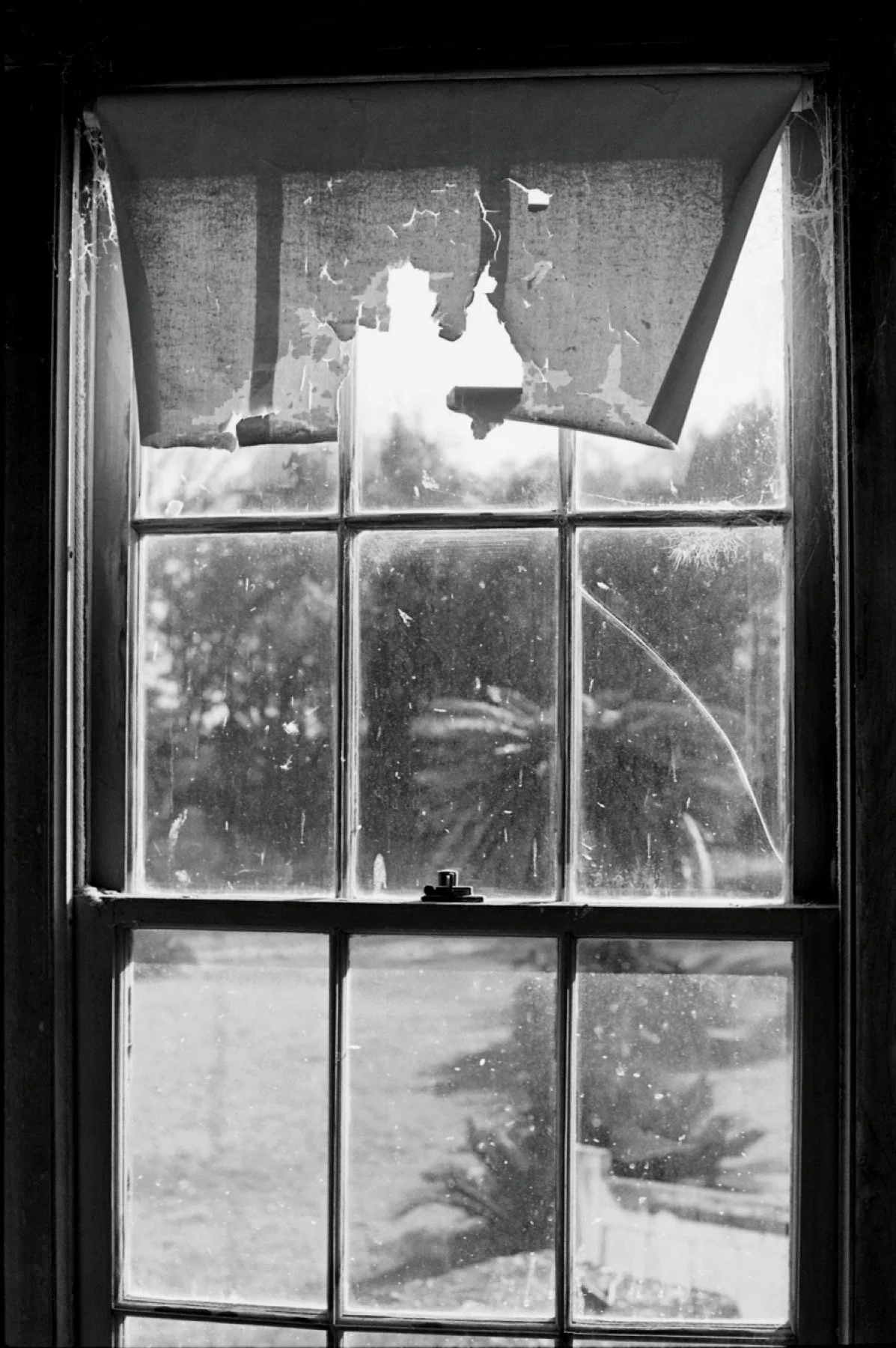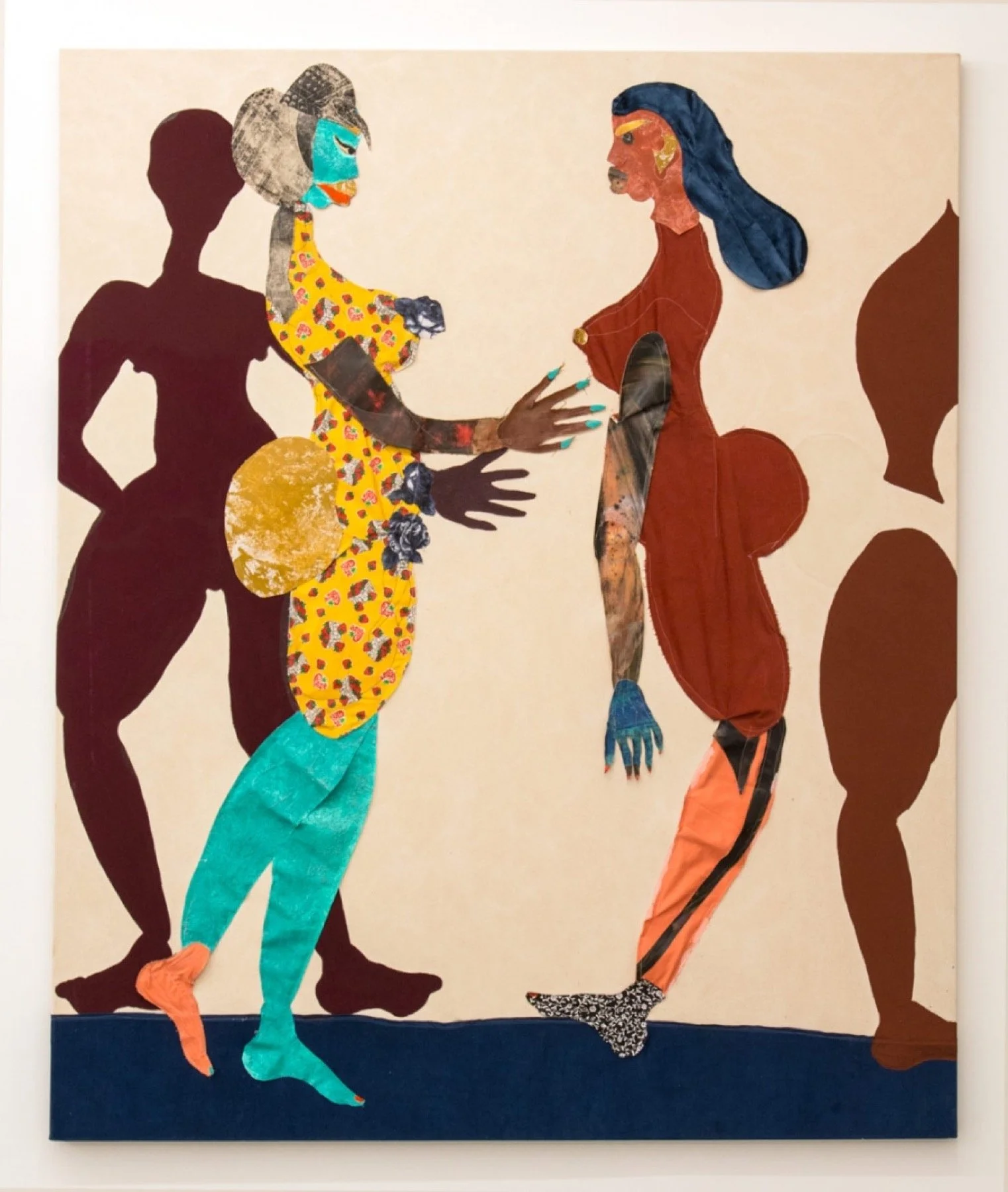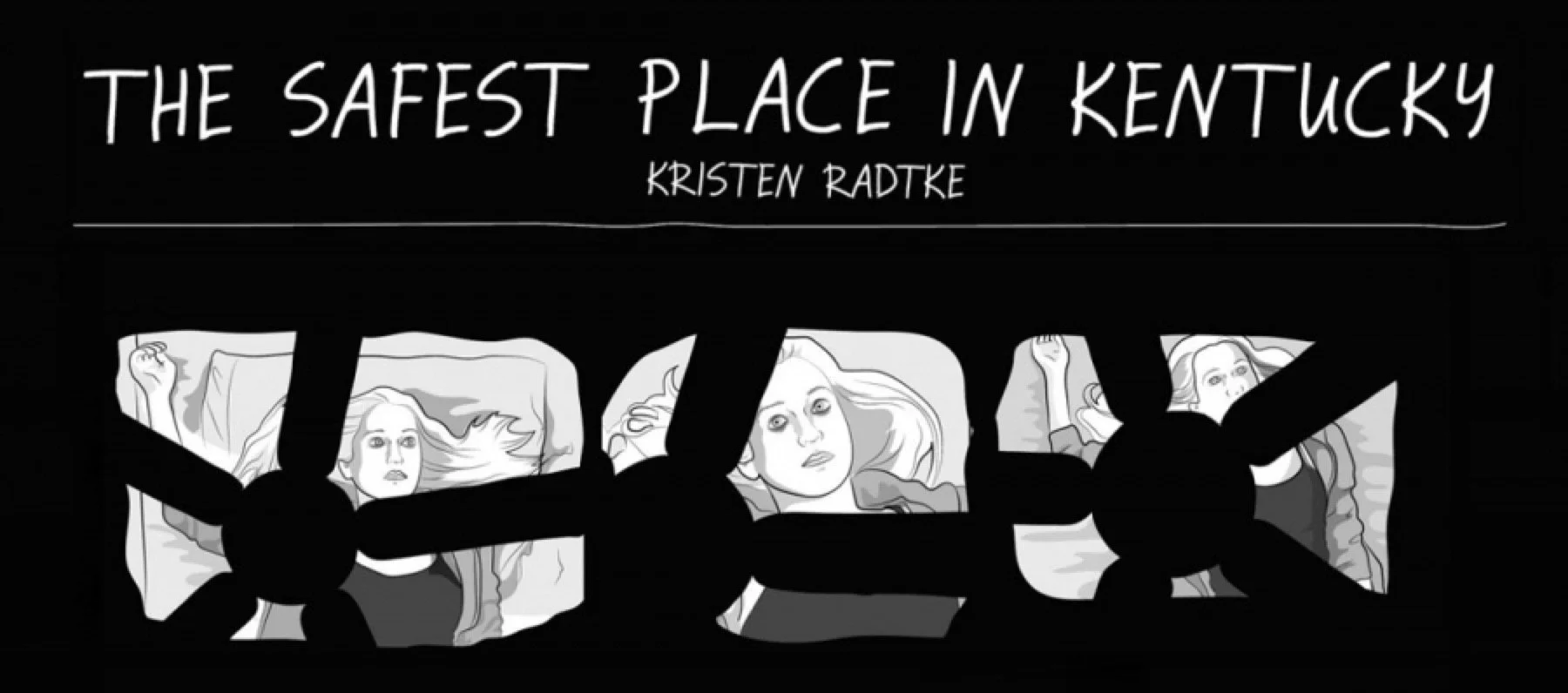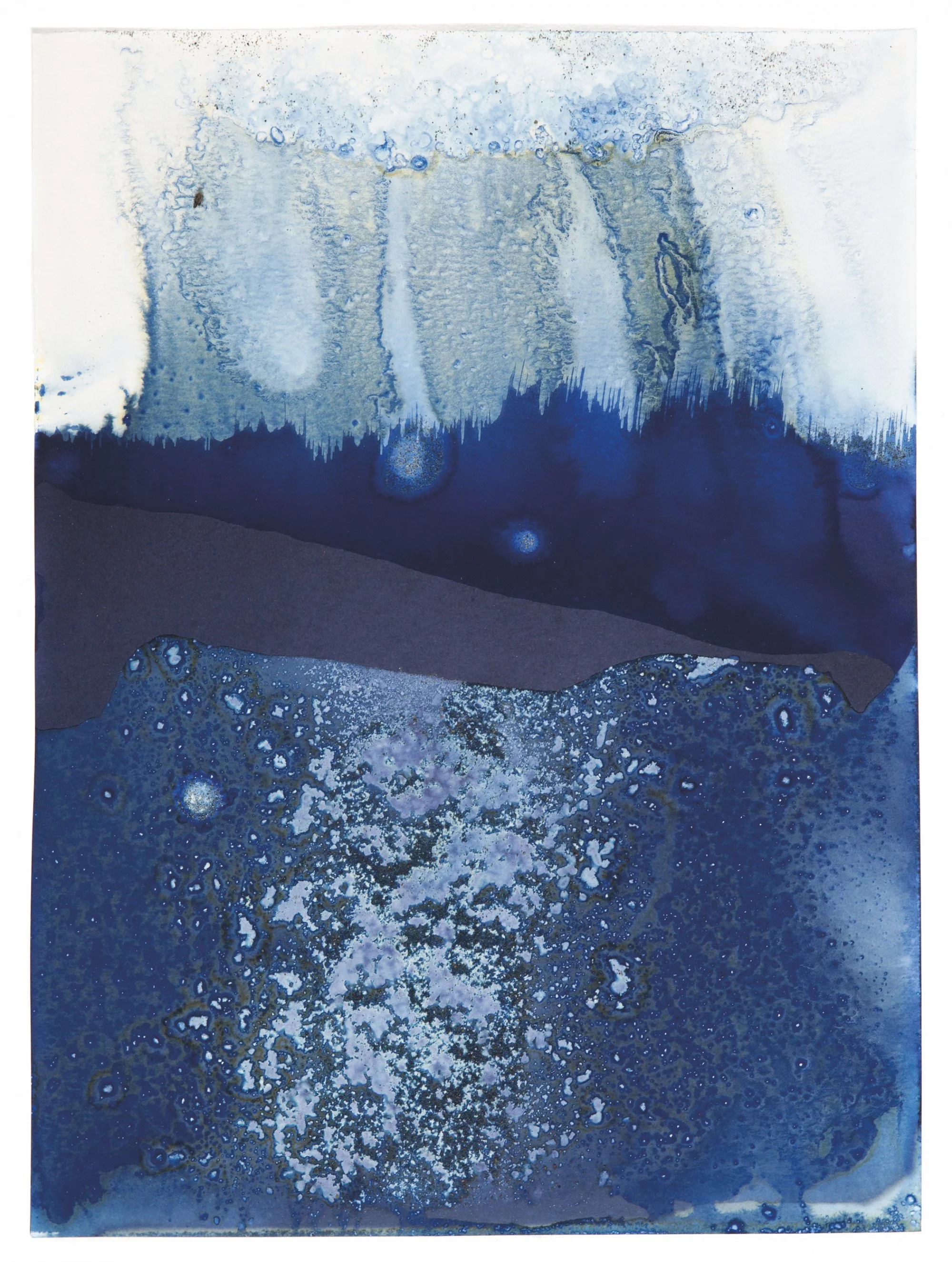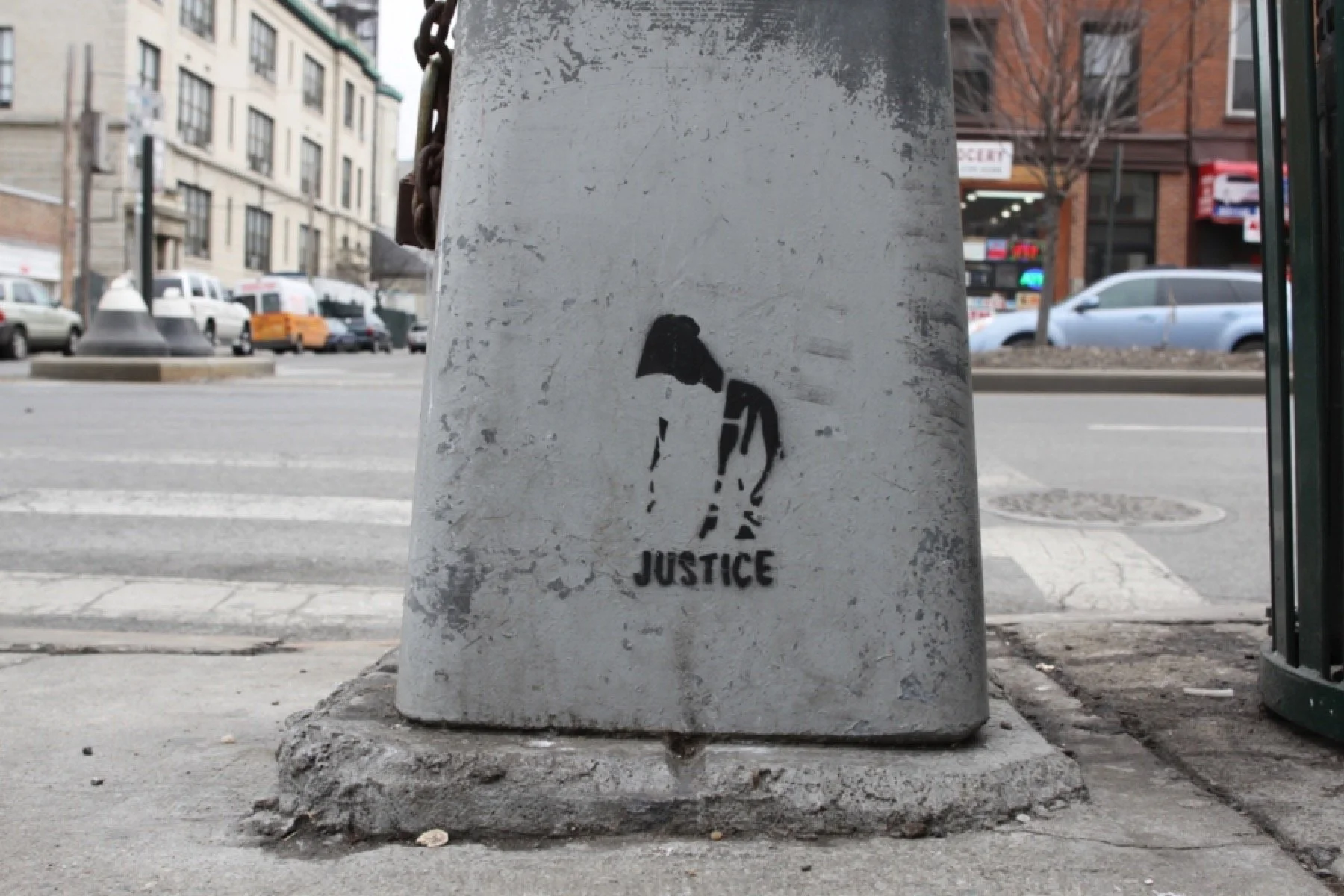EDITING
Rebecca Gayle Howell is an award-winning editor, known for helping clients locate their stories, as well as their voice. For more than a decade, she has worked with large and small presses and magazines, as well as new writers, including chefs, photographers, farmers, musicians, and more. Her clients frequently maintain honors such as the NAACP Image Award, NPR Book of the Year, the International Stack Award, and the James Beard Award.
𓅪
From 2014-2024, she served as the Poetry Editor of the Oxford American, the second in the magazine's history. During her tenure she curated a new profile of Southern poetics, helping the magazine earn honors like the National Magazine Award for General Excellence.
OXFORD AMERICAN
From 2014 - 2024, Rebecca Gayle Howell served as the Poetry Editor of Oxford American, the second in the magazine’s history. Supporting the work of three visionary Editors—Roger Hodge, Eliza Borné, and Danielle Jackson—Rebecca and her colleagues received honors like the National Magazine Award for General Excellence, the Julia Child Foundation Fellowship, the National Endowment for the Arts Fellowship, and the Whiting Award.
𓅪
“Our thoughts and our dreams are born of our places, and our literature is at its healthiest when it welcomes diversity as nature’s highest intelligence and guide. As Poetry Editor for the Oxford American, I have kept this belief at the center of my work. It is my hope that I am leaving you, dear Readers, with an anthology of permissions. May we all sing the songs of our places in each our own way, and may we all be made more whole for the contrapuntal suite of it.” —Rebecca Gayle Howell, from her farewell letter. Published on Oxford American Now, August 16, 2024
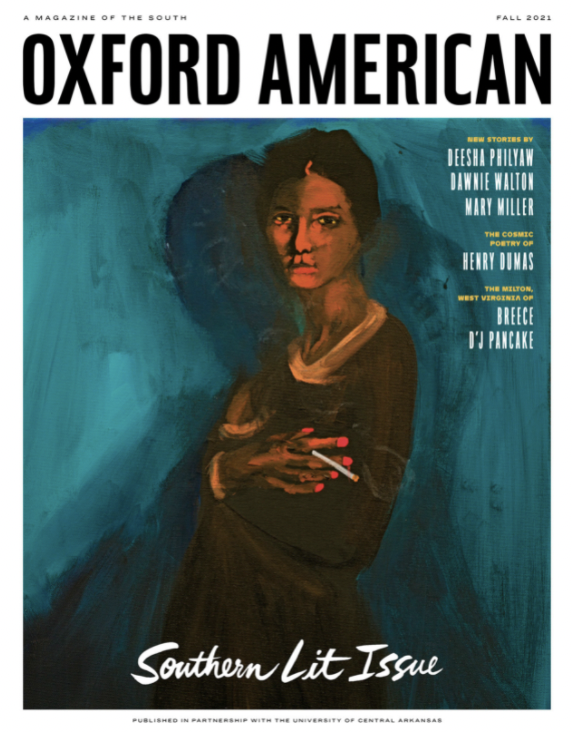
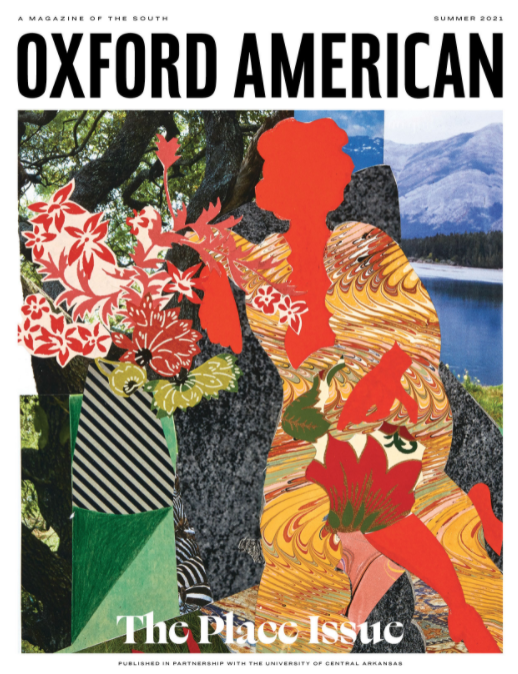

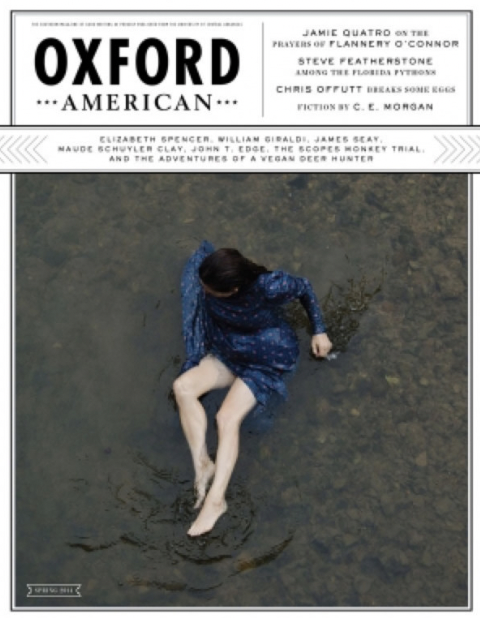
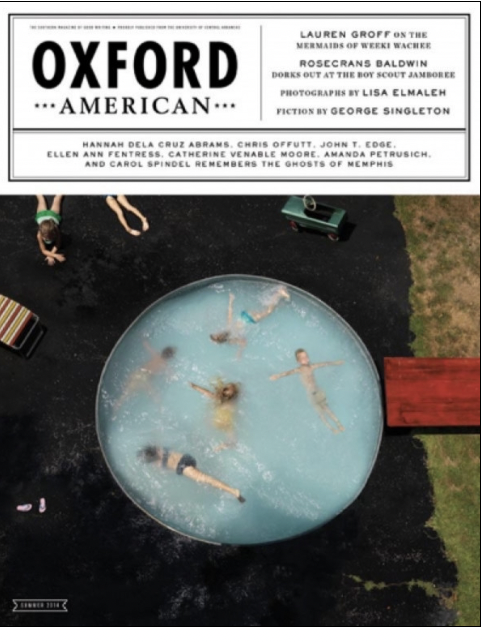
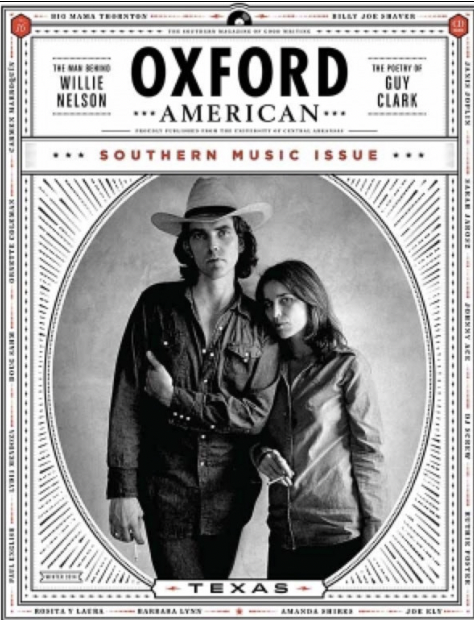
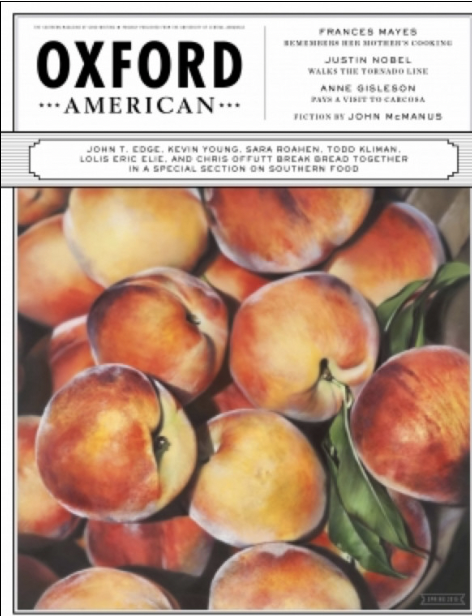
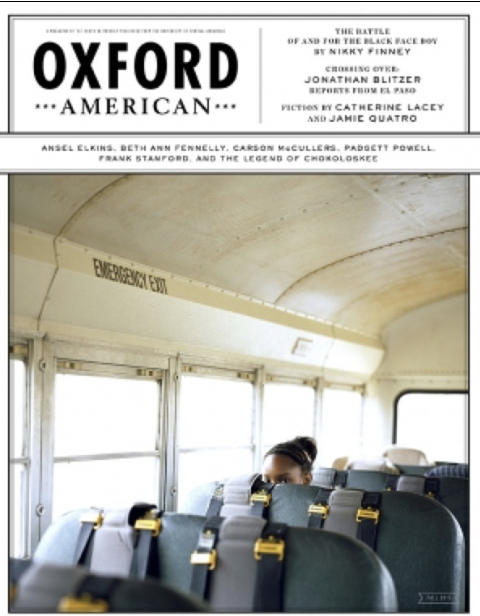
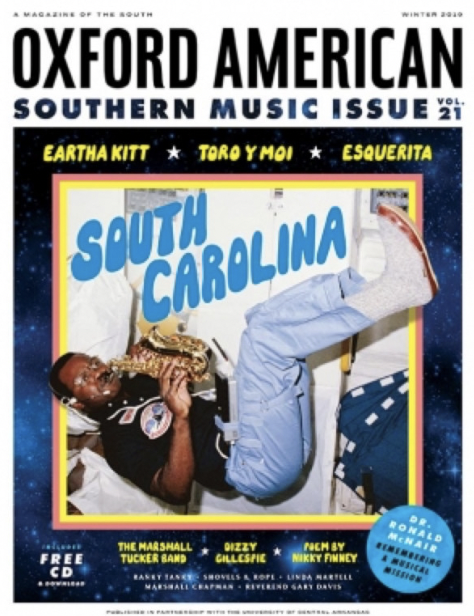
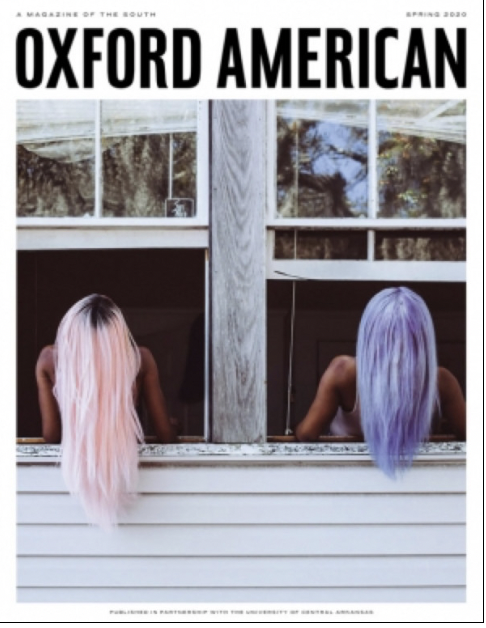
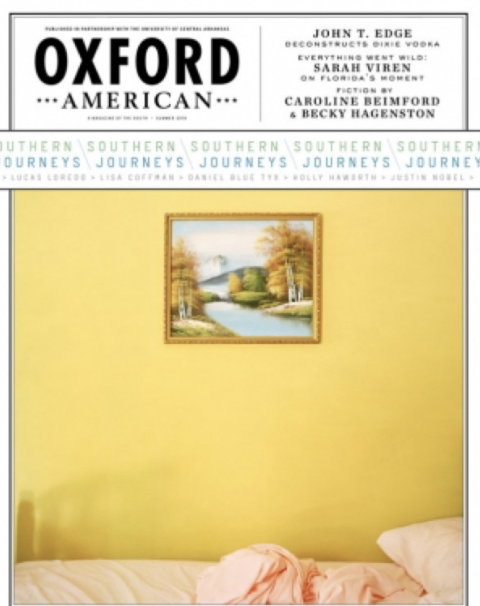
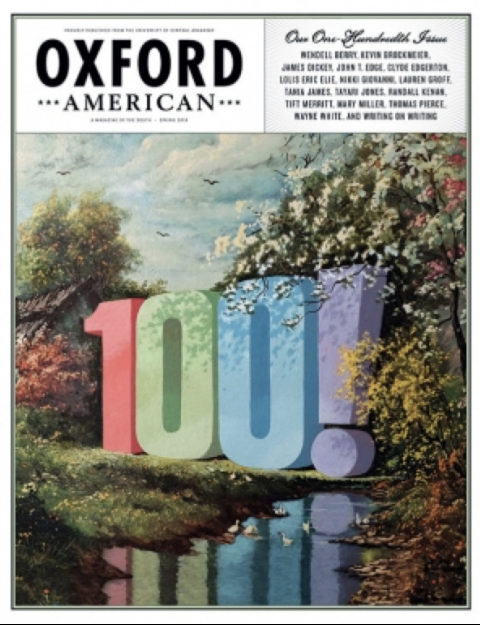

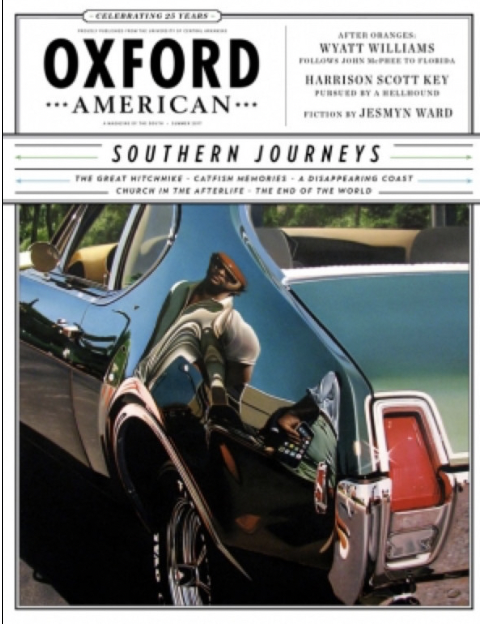
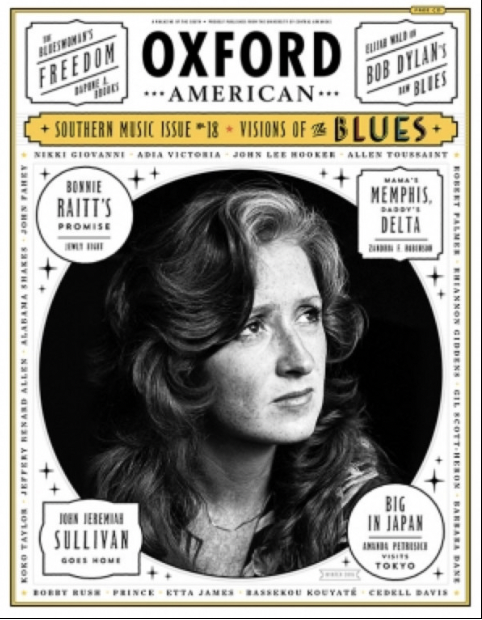
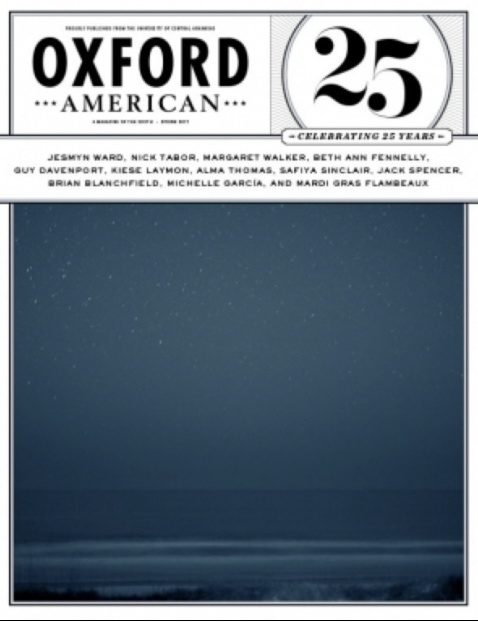
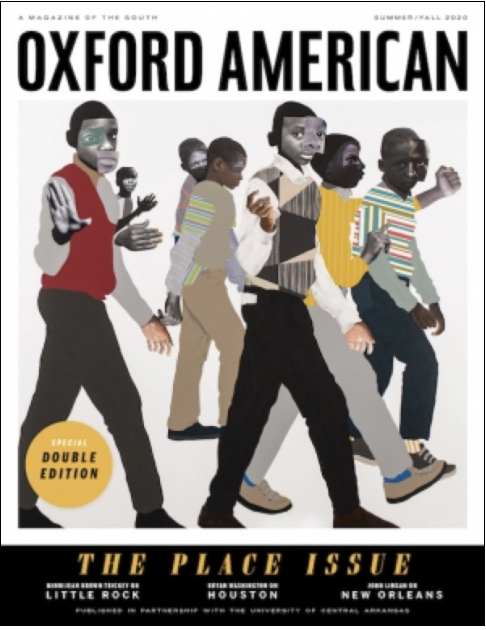
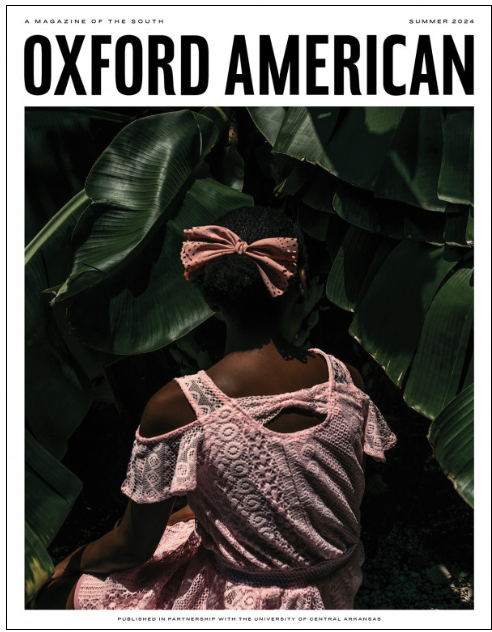
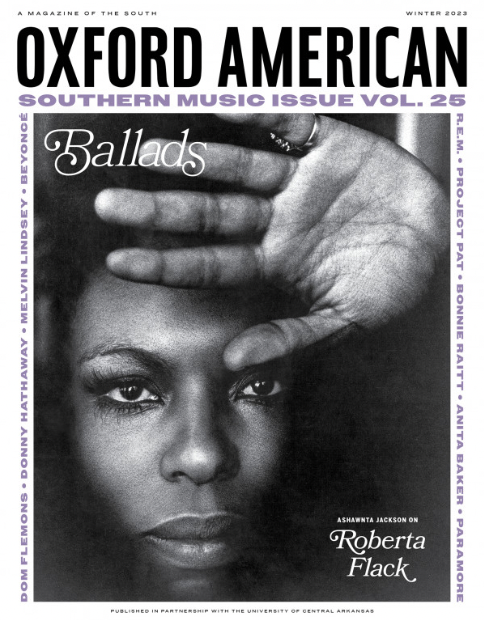
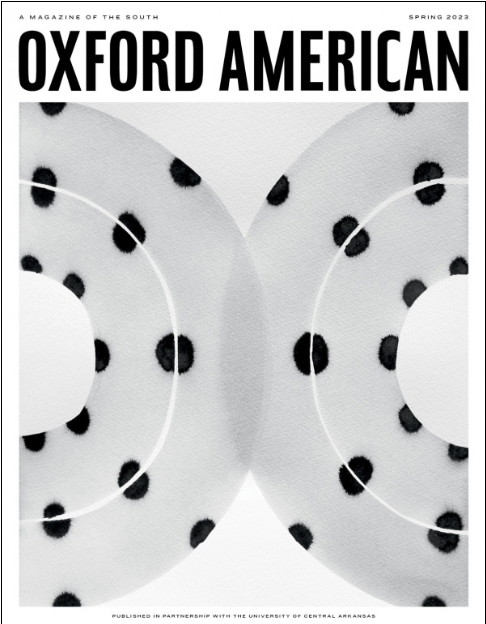

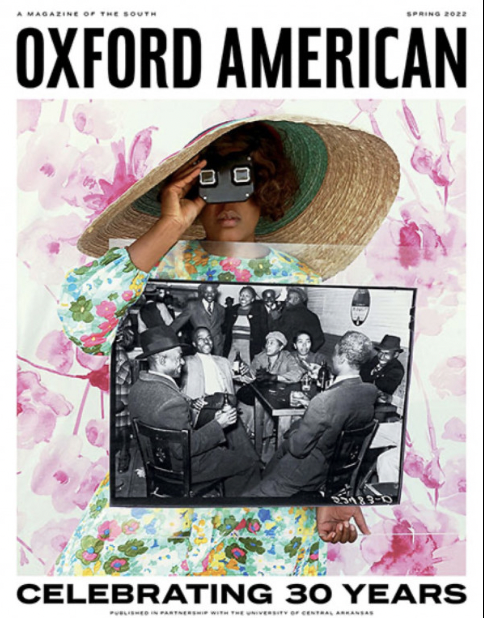
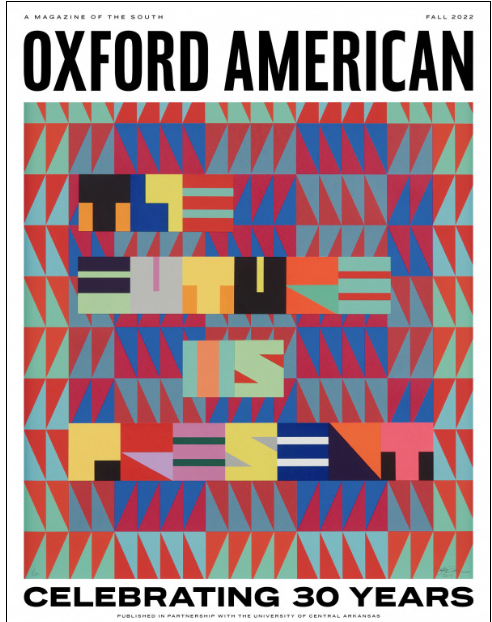
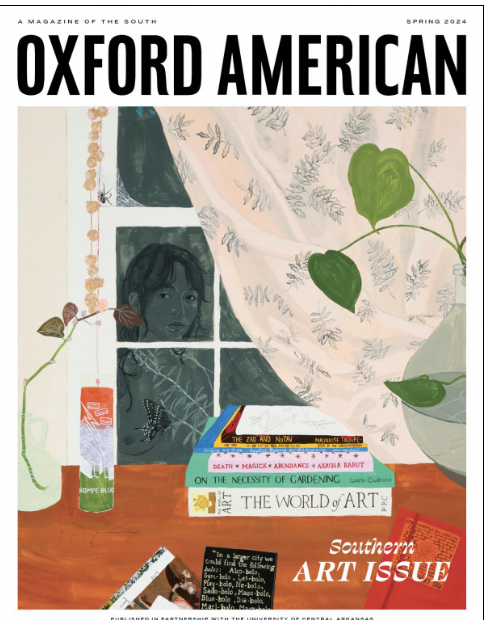
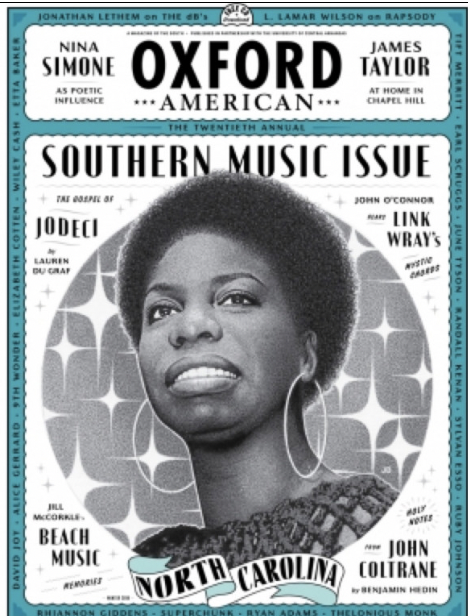
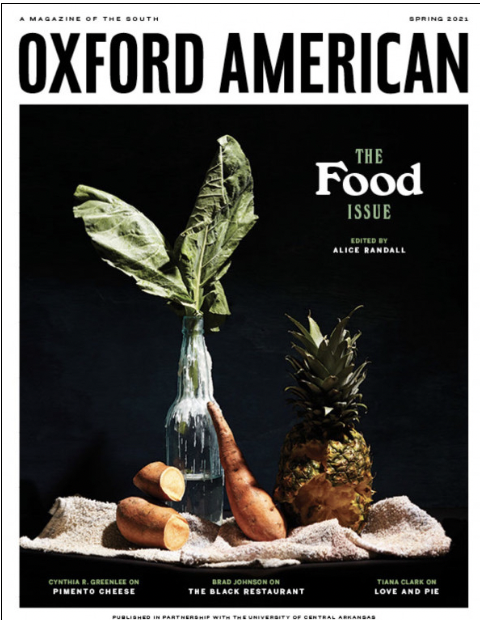
Below is a rotating selection from Rebecca’s editing for Oxford American.
Support print storytelling.
Subscribe
Catherine Venable Moore's "The Book of the Dead." (Best American Essays 2017; finalist for the International Stack Awards; foreword to WVUP's reissue of the MR book). Image: Above the Hawk's Nest Dam on the New River. All photographs © Lisa Elmaleh
Crystal Wilkinson, "Dig If You Will The Picture" | ISSUE 95, WINTER 2016 FEBRUARY 06, 2017 | Image: © Allen Beaulieu. All rights reserved
Kwame Dawes' "Three Poems" | July 19, 2016 | Image: “The First Experiment in Visual Science” (2007), by Lina Tharsing
Wendell Berry's "Sabbaths" | March 13, 2018 | Image: © Irene Imfeld, from the series Phantasm: Autumn in the Kentucky Woods
CD Wright's "What Do You Think is in the Shed?" | April 07, 2016 |
Ronni Lundy's "A Recipe for Memory" | August 30, 2016 | Image: © Bigstock
Tarfia Faizullah's "Six Poems" | ISSUE 112, SPRING 2021, MARCH 23, 2021 | Image: Art direction by Yasmin Reshamwala and photography by Sara Fox
Nikki Finney's "The Battle of and For the Black Face Boy," Judge's selection for our National Magazine Award for General Excellence. | ISSUE 90, FALL 2015, OCTOBER 27, 2015 | Image: “Untitled,” from the series Passports, by Keisha Scarville

Brian Blanchfield's "Coming Up with Guy Davenport." | ISSUE 96, SPRING 2017 MARCH 31, 2017 | Image: Guy Davenport and Unidentified Woman in Darkened Room, Looking Through Doorway (1966), photograph by Ralph Eugene Meatyard © The Estate of Ralph Eugene Meatyard, courtesy Fraenkel Gallery, San Francisco © The Metropolitan Museum of Art. Image source: Art Resource, NY
Megan Mayhew Bergman's "Ravaged Beauty" | JULY 22, 2016 | Image: Photo courtesy of Sarah Hadley. SarahHadley.com
Nathaniel Mackey's "from Double Trio" | ISSUE 106, FALL 2019, SEPTEMBER 03, 2019 | Image: “Out of Body” (2015), by Tschabalala Self. Oil and fabric on canvas, 72 x 60 inches. Courtesy of Thierry Goldberg Gallery New York
Ashley M. Jones' "a meat and three for the jubilee" (with thanks to JBT) | June 20, 2022 | Image: Photo courtesy of DC Central Kitchen via Wikimedia Commons
Dean Young's "Five Poems" | June 12, 2018 | Image: All artwork by Anastasia Samoylova. “Wetlands 6 (Hurricane)” (2017)
Kristen Radtke's "The Safest Place in Kentucky" | November 30, 2016 | Image by Kristen Radtke
Didi Jackson and Major Jackson's "Music City: A Poetic Sequence" | ISSUE 116, SPRING 2022, MARCH 22, 2022 | Image: Photos by Kristine Potter © The artist. Courtesy Sasha Wolf Projects.
Ashley M. Jones' "Four Poems" | ISSUE 104, SPRING 2019, MARCH 19, 2019 | Image: “Mama Goma” (2014) | Photos by Deana Lawson © 2018 Deana Lawson. Courtesy Rhona Hoffman Gallery, Chicago, and Sikkema Jenkins & Co., New York. From Deana Lawson: An Aperture Monograph (Aperture, 2018)
Seth Pennington's and Bryan Borland's "The Wild" | ISSUE 108, SPRING 2020, MARCH 17, 2020 | Image: Photograph by Matthew Finley, mfinleyphoto.com
Naomi Shihab Nye's "We Always Needed You" | February 19, 2015 | Image: "Our Townes" (2015), by Paula Zaglul
Nikki Giovanni's "The Blues" | March 24, 2017 | Image: Photograph courtesy of Unspalsh
Nikki Finney's "Clara and Josephine" | ISSUE 107, WINTER 2019, NOVEMBER 19, 2019 | Image: “Madonna with Flowers” (2018), by Kennedi Carter. This photograph is on view at the gallery at 21c Durham through January 2020
Dom Flemon's "The Final Gift: A New Traditional" | ISSUE 123, WINTER 2023, DECEMBER 05, 2023 | Image: Littoral Drift #48 (Tower Beach, Hilton Head, SC 06.13.13, Three Waves, Dipped and Buried), a dynamic cyanotype by Meghann Riepenhoff © The artist. Courtesy the. artist and Yossi Milo, NewYork. Riepenhoff’s monograph, Ice, was published in 2022 by Radius Books and Yossi Milo Gallery
Rosa Alcala's "Proprietary" | ISSUE 105, SUMMER 2019, JUNE 11, 2019 | Photo by Jayne Vidheecharoen via Flickr Creative Commons
Marcus Wicker's "Silencer to the Heart While Jogging Through the Park" | June 23, 2015 | Image: photo by Daniel Albanese | TheDustyRebel
Safiya Sinclair's "Darling, I listen" | March 14, 2017 |
CURTIS BAUER, CLARA MUSCHIETTI, MARÍA SÁNCHEZ, AND FEDOSY SANTAELLA, "El Hogar Que Compartimos/Homes We Share" | ISSUE 117, SUMMER 2022, JUNE 01, 2022 | Image: All photographs by Tania Franco Klein © The artist. Courtesy ROSEGALLERY
Ansel Elkins "Last Panther of the Ozarks" | September 23, 2015 | Image: “Loss of the Killing Instinct” (1977), acrylic on canvas. © Ginny Stanford
L Lamar Wilson's "Quare" | ISSUE 111, WINTER 2020, NOVEMBER 10, 2020 | Image: NASA, ESA, and The Hubble Heritage Team STScI/AURA), Public domain, via Wikimedia Commons
ANTHOLOGIES
WHAT THINGS COST |
an anthology for the people
Foreword Reviews INDIES GOLD Anthology of the Year
A Best Book of 2023, Ms. Magazine
A Best Anthology of 2023, Book Riot
A Best Anthology for 2023, Poets & Writers
A Best Summer Read for 2023, The Bitter Southerner
A Best Book for 2023, Southern Review of Books
All proceeds benefit the Poor People’s Campaign
“This galvanizing anthology of poetry and short prose highlights experiences of economic exploitation and finds common ground across the working class. The editors' introduction contextualizes the anthology within a larger labor movement inspired by the Poor People's Campaign popularized by Martin Luther King Jr. in 1968, which was reestablished in 2018 to prioritize the needs of the 140 million poor and low-income people in the U.S. Diverse perspectives capture individual struggles of the immigrants, nonwhite people, and impoverished workers who make society function, as in Sonia Guiñansaca's poem "America Runs on Immigrants," which concludes, "America screams Go Back To Your Country, Stop Stealing Our Jobs and simultaneously whines Where is my lunch?" Other poems, such as Curtis Bauer's "Dispatch Out of a Language I Used to Speak," illustrate how the body can be consumed in the mechanical processes of labor: "Stories of kids and men if not drowning in grain/ being caught in the center auger and the one outside/ knowing something was wrong before the corn/ stopped coming, by the corn turned red." Danez Smith puts it succinctly in their poem "C.R.E.A.M": "what cost more than being American and poor?" This is a memorable and timely book.”
—Publishers Weekly, starred review
𓅪
“This gorgeous anthology, What Things Cost, sets to singing the profound dignity of folk too far in the margins of our everyday consciousness. Here, in the figures and rhythms of poetry, one hears and feels both their nobility and disenfranchisement, yet, too, a mighty provocation of truth-telling in song that tilts the world toward parity and justice.”
—Major Jackson, poet and professor of English at Vanderbilt University
𓅪
“I just left a union meeting in Franklin, Pennsylvania, where Ironworkers were thanking the rest of the labor movement for supporting them during a recent strike. At the core of solidarity is a mix of kindness and courage, rooted in shared vulnerability. And that's exactly what I feel when I read What Things Cost. The stories, confessions, elegies, and authenticities in this book transcend generations and demographics, and feel just as familiar here in Franklin, Pennsylvania, as they will in every corner of every community where work happens.”
—Stephen Cousins, National Field Director for the AFL-CIO
𓅪
“My parents believed so deeply that if they worked hard enough, they would succeed. That’s not always the case.”
—Listen to The Poetry Off the Shelf interview
𓅪
“Damn, I cannot shake this book. Traversing an awe-inspiring kaleidoscope of aesthetics and perspectives, What Things Cost is a vital, heartbreaking, and finely curated investigation of the cost of physical and spiritual commodification.”
—William Johnson, PEN Across America Program Director, PEN America
𓅪
"Taken together, these poems ask us to consider what work means to us, what work has done to us, how our bodies and minds have labored—for what, for whom? This anthology arrives in time to remind us, as Jones and Howell write, "Wealth does not have to be generated by suffering. It does not have to be this way."
—Katherine Webb-Hehn, Scalawag Magazine
𓅪
“What Things Cost offers a hard-earned generosity of spirit, reflecting the sheer enormity of the working poor's contribution to everyone's lives. From the authors' diversity of experience and seemingly endless variety of aesthetic and formal expression, we recognize all that's made possible by the persistent, thrumming pulse of the world at work."
—Emily Choate, Chapter 16 & reprinted in Chattanooga Times Free Press
𓅪
“The people are more powerful than any construct or any hallowed hall or even the pen that signs our existence out of law. This book reminded me that none of us are alone if we decide we are together.”
—Read The Rumpus interview
𓅪
“Work.” “Cost.” “Things”. In the book, these ideas are expansive, guided by the work we received and by our own intention to liberate this anthology from any sort of oppressive or restrictive mindset. bell hooks teaches us to understand the intersectionality of labor. In her words, “the white-supremacist capitalist patriarchy” works to oppress and restrict us all, even on the page, and this anthology asks the page to galvanize us into a different force of sharing.”
—Read The Tupelo Quarterly interview
𓅪

